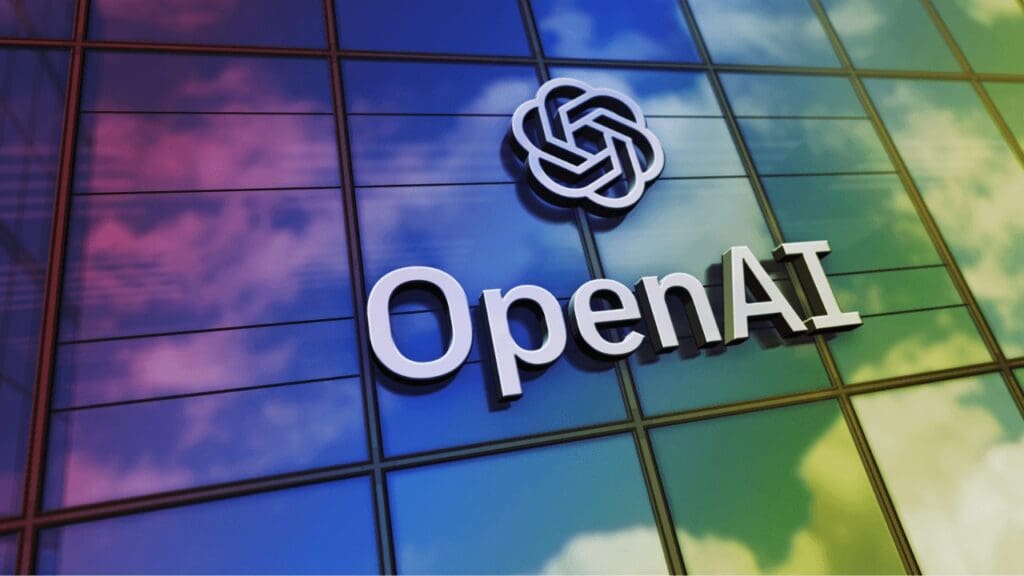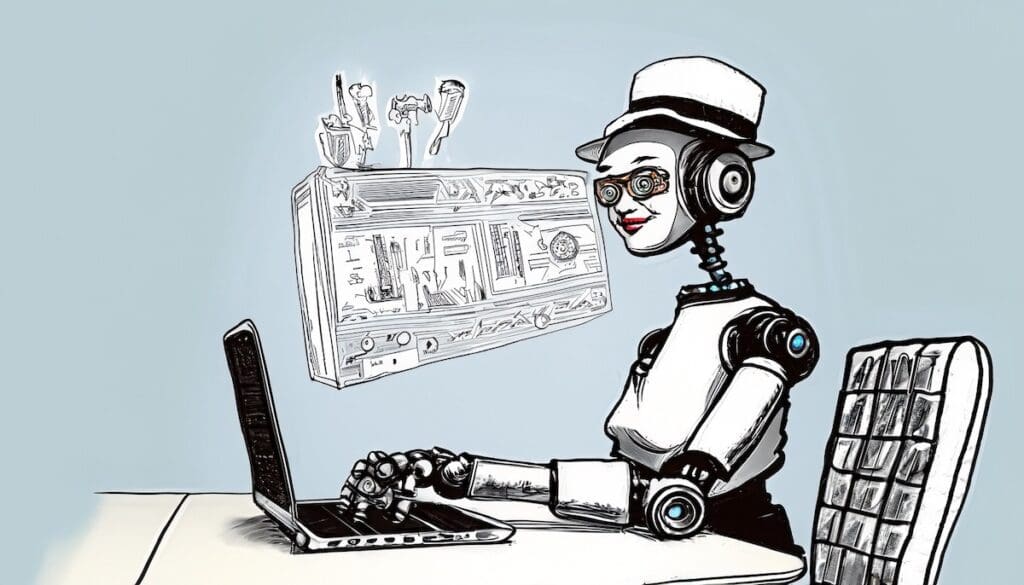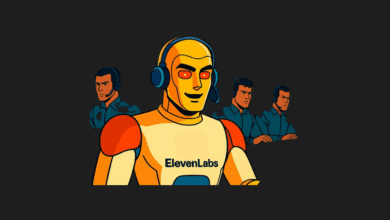The New York Times Sues OpenAI and Microsoft

The New York Times, a leading media organization in the USA, has announced that it is taking legal action against OpenAI and Microsoft. The publication is challenging the use of its articles for training artificial intelligence language models.
AI-powered chatbots and large language models require vast amounts of data for training. Since researchers can’t feasibly write millions of pages of text covering every subject, they often utilize content available on the internet.
This practice of using human-produced source materials for AI creation inevitably raises copyright concerns. In a significant move, The New York Times has filed a lawsuit against OpenAI and Microsoft, addressing these concerns.
Media organizations are in trouble with artificial intelligence

In its court filing, The New York Times asserts that OpenAI and Microsoft have appropriated billions of dollars worth of journalistic content. The newspaper has even demonstrated instances where AI bots used material from The New York Times verbatim.
Prior to resorting to legal action, the Times had been in negotiations with both companies since April but turned to federal court after these discussions yielded no satisfactory outcome.
Traditional media has already experienced significant impacts from the shift to digital platforms. While some newspapers have successfully adapted to the digital market, they are now facing new challenges due to the rapid advancement of artificial intelligence.
A key issue is the dependence on traffic for advertising revenue, which is vital for the sustainability of digital news platforms. However, AI tools are diverting this traffic away from the original sources, leading to declining revenues for these news portals.
OpenAI: “We are disappointed.”

Ian B. Crosby, representing The New York Times, commented that “these bots are in competition with the content used in their training.” On the other hand, a spokesperson from OpenAI described their meeting with The New York Times as highly productive, expressing both surprise and disappointment at the newspaper’s decision to pursue legal action.
The OpenAI representative expressed a belief in the possibility of reaching a mutually beneficial agreement with the newspaper, similar to arrangements with other publishers. They emphasized the company’s commitment to respecting content creators’ rights and generating new revenue streams for them.
Meanwhile, Microsoft has not yet issued a statement regarding this matter. The challenge of balancing copyright regulations with the advancements of artificial intelligence is not unique to Microsoft and OpenAI; it’s a widespread issue facing many AI developers. The evolution of copyright laws in response to AI technology remains to be seen.
You may also like this content
- Meta Building World’s Fastest AI Supercomputer for Metaverse
- Artificial Intelligence Will Make Decisions Instead Of People
- SingularityNET & Mandala: AI Metaverse
Follow us on TWITTER (X) and be instantly informed about the latest developments…











